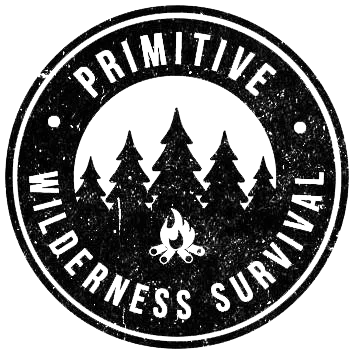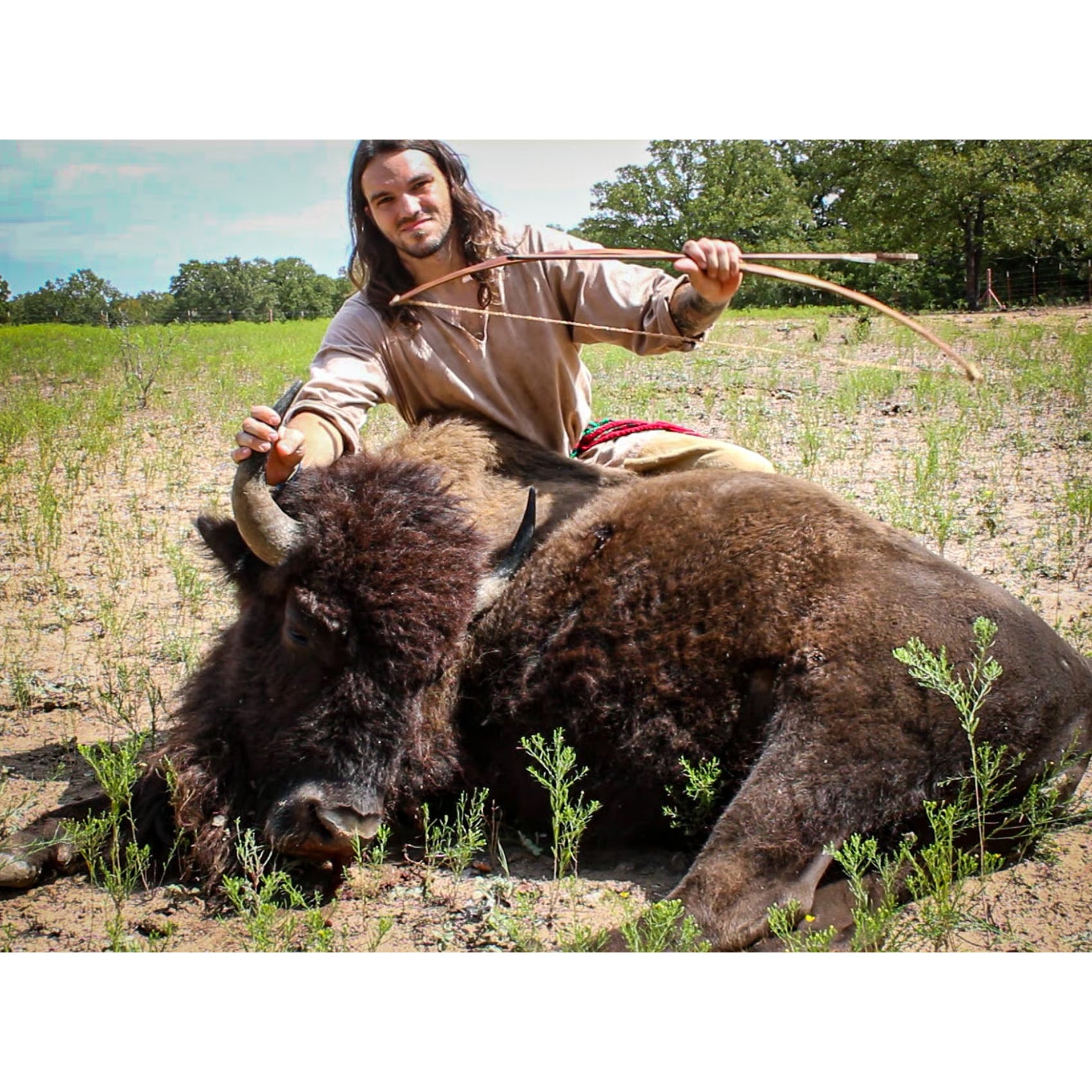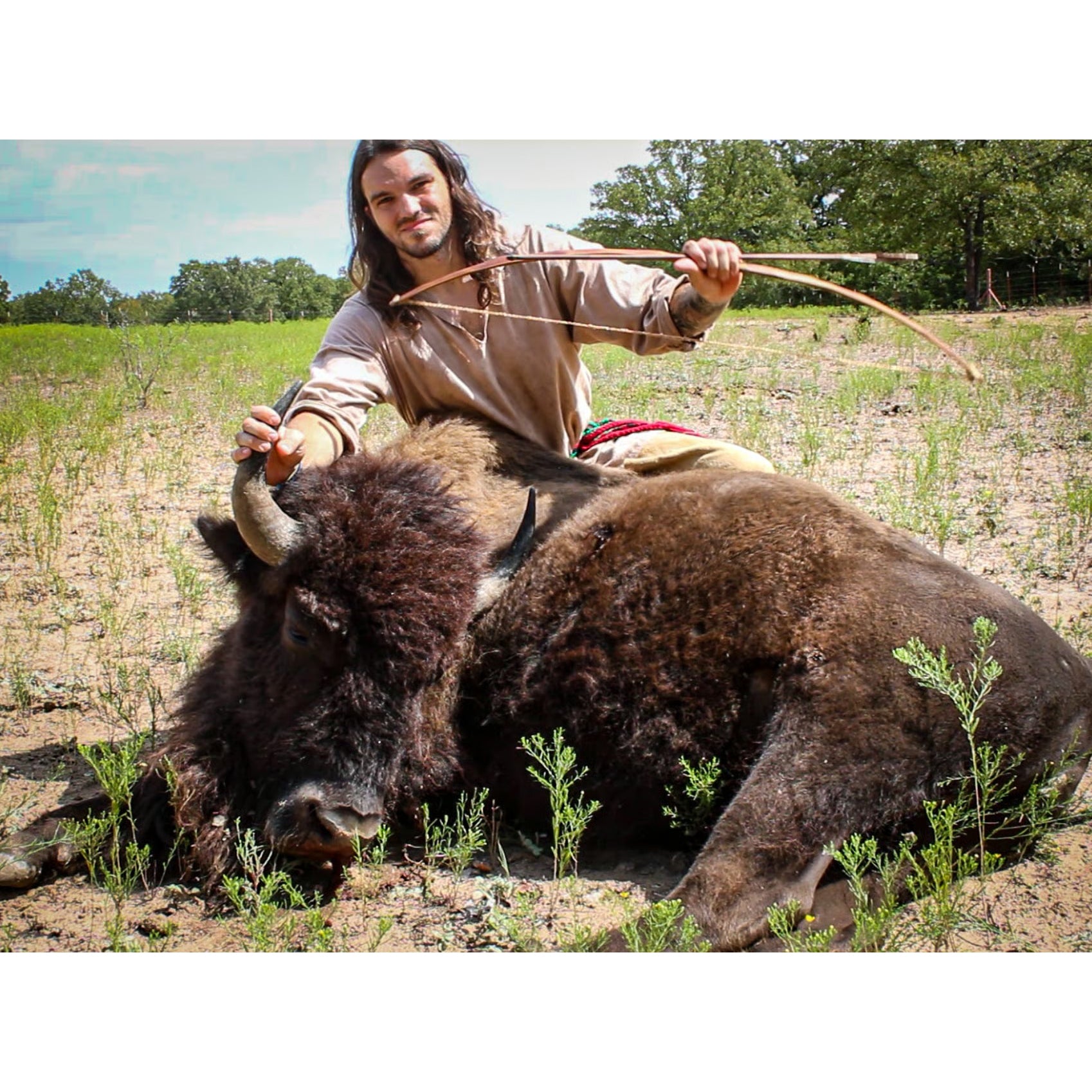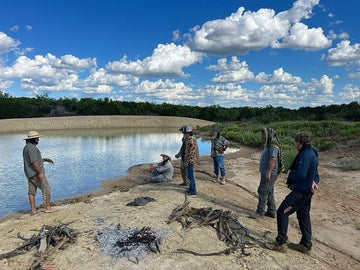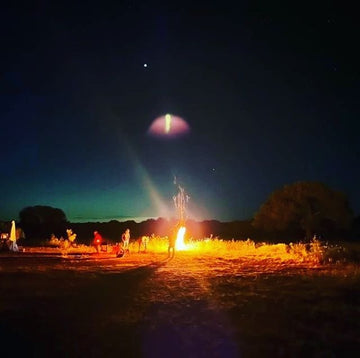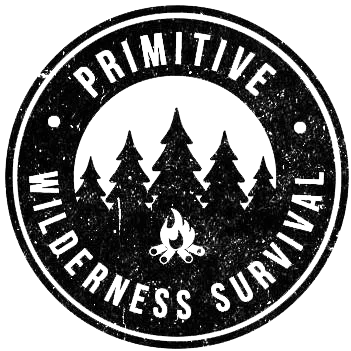Primitive Bowmaking
Unleash Your Inner Hunter-Gatherer and Secure Your Food in the Wild using primitive equipment
Join instructor Phillip Liebel for an unforgettable weekend of building wooden bows and connecting with nature!
January 10-11,2026 | Graham, TX
.Bowmaking Class
Experience the art and craftsmanship of building a fully functional bow from start to finish, just like our ancestors did. In this immersive, hands-on class, you’ll learn how to select the right stave, shape it with primitive or modern tools, tiller it for balance and performance, and add the finishing touches for both beauty and function. We’ll cover wood selection, tool use, string making, and care for your bow so it lasts for years. By the end of the class, you’ll walk away with a bow you’ve crafted yourself ,custom to your hands, your draw, and your style. Whether you’re a hunter, archer, or history enthusiast, this is your chance to master a skill that’s been practiced for thousands of years.
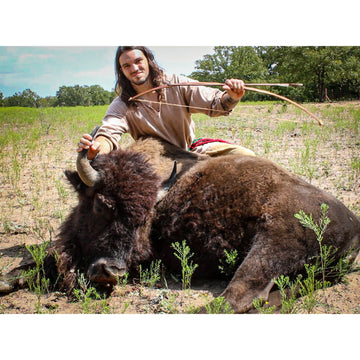
Primitive Bowmaking
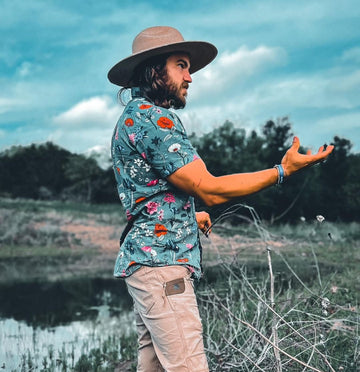
Meet Your Instructor
Phillip Liebel
Phillip Liebel founded Primitive Wilderness Survival six years ago and quickly gained recognition in the field. He is well known for his ability to create primitive weapons, and actually go out and put them to use.Phillip has been featured on History Channel's Alone: The Beast, and has learned from and taught alongside of the best survivalists and homesteaders in the world. You can find Phillip frequently teaching at primitive skills gatherings around the country, such as Wintercount, SkyEarth, and others!
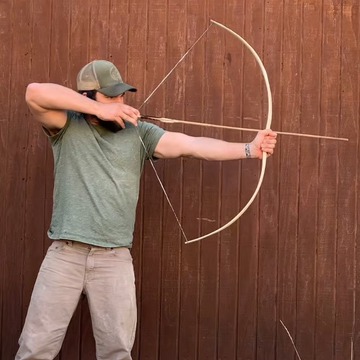
Feel Confident
Know You can Secure Food in the Wilderness
Develop a deeper connection with nature and your ancestral roots as you learn to live off the land and secure your food in the wild and build self-confidence and resilience by mastering essential bowmaking skills that have been used for tens of thousands of years, and maybe more.
Stories about us
STILL GOT QUESTIONS? WE GOT YOU!
Logistics
Where is the school located?
Our class will be held on a private property in Graham, Texas.
Groceries, fuel, restaurants, and Walmart shopping are a short drive into the town of Graham.
What is the terrain at the school like?
Small hills, rocky ground with plenty of juniper trees. The area is covered with light underbrush, but nothing significant or very heavy.
There are a few stock tanks located at the back of the property.
How reliable is the cellphone service?
Cell phone service is rare, but on occasion, you might be able to pick-up a single bar or two.
In General, cell phones don’t get very good reception.
Walking up to the parking area or to the road seems to help.
What type of road leads to the camp site?
The access road to the camp is basically a worn-down path. It is not an improved road, and it does have some rough spots, but there have been many, low clearance vehicles that have made the drive with no issues.
When it rains, the roads can become unpassable for low clearance vehicles.
Is the camp location on public property?
No.
This camp is located on private property and as guests, everyone is reminded to be respectful of the land, the plants and the animals.
Are there any power outlets available to students?
This is a remote camp and there is no power provided.
Some students have brought solar panels to help keep phones charged and to recharge flashlight batteries.
How close to my vehicle is the camp area and classroom?
You will be able to park before the service road.
The walk from the parking area to the camp is roughly half a mile.
Where will I sleep?
As an advanced course, we highly encourage students to use the shelter techniques from the course.
However, sleeping arrangements are up to each student. Most of the time, everyone finds a spot relatively close to the classroom/campfire.
We could also make a group camp.
Materials and Supplies
Is everything on the packing list mandatory?
Yes. To make the most of the class, you should plan to bring all of the required materials. If you are unable to acquire any of the items, contact the instructor.
These are the same as required in the intro course, Essential Primitive Wilderness Survival, as well as a compass, notebook, and a pen or pencil.
What if I can’t get everything on the list before the class starts?
That’s OK.
There are times when there are extra materials that can be shared.
However, don’t just show up to class short-handed, be sure to reach out to the instructor so they are aware, and they can help you source alternative materials.
Can I bring anything else?
There are plenty of things you may want to bring for extra comfort, such as a camp chair for sitting around the fire, and perhaps a headlamp for seeing when the night is dark. Maybe a guitar for enjoying the downtime (we hope you do!).
Just remember, you'll have to carry it, though not a very far distance.
Please keep extra items to the minimum though so you get the full experience.
Should I bring anything to prepare food?
You will be able to cook your meals around the community campfire. We provide the firewood and the spark; the rest is up to you!
More Questions!
What if I can’t complete one of the skills?
That’s OK, just keep trying! During the weekend, there will be plenty of time to practice and learn the skills.
If you're having trouble, our instructors will be more than happy to help you sort it out!
What do we do in between the different class segments? Is there a lot of down-time?
This is another great part of being at this class!
While there isn’t much ‘down-time’ in between class sessions, when there is, it is filled with laughter, stories, and fellowship.
Also, some of the students like to practice their new skills during the "down-time" so they can get feedback or extra help from an instructor.
What happens in the evening when the classes are over?
This is when the magic happens! Everyone typically gathers around the campfire for their evening meal, to enjoy a cup of hot tea and to share stories. Sharing stories around the campfire is a timeless tradition and we highly encourage everyone to enjoy the experience.
Occasionally, someone will bring out a guitar, flute or drum to play. The evening campfire is a genuinely sacred space for everyone.
What can I do to make the most of the weekend?
Bring a can-do attitude and go all-in!
We want you to learn, enjoy and even move outside of your comfort zone so you can get to know yourself better and connect with the rugged world where we live.
There are few experiences like the one you get from being surrounded by the majesty of the great outdoors.
